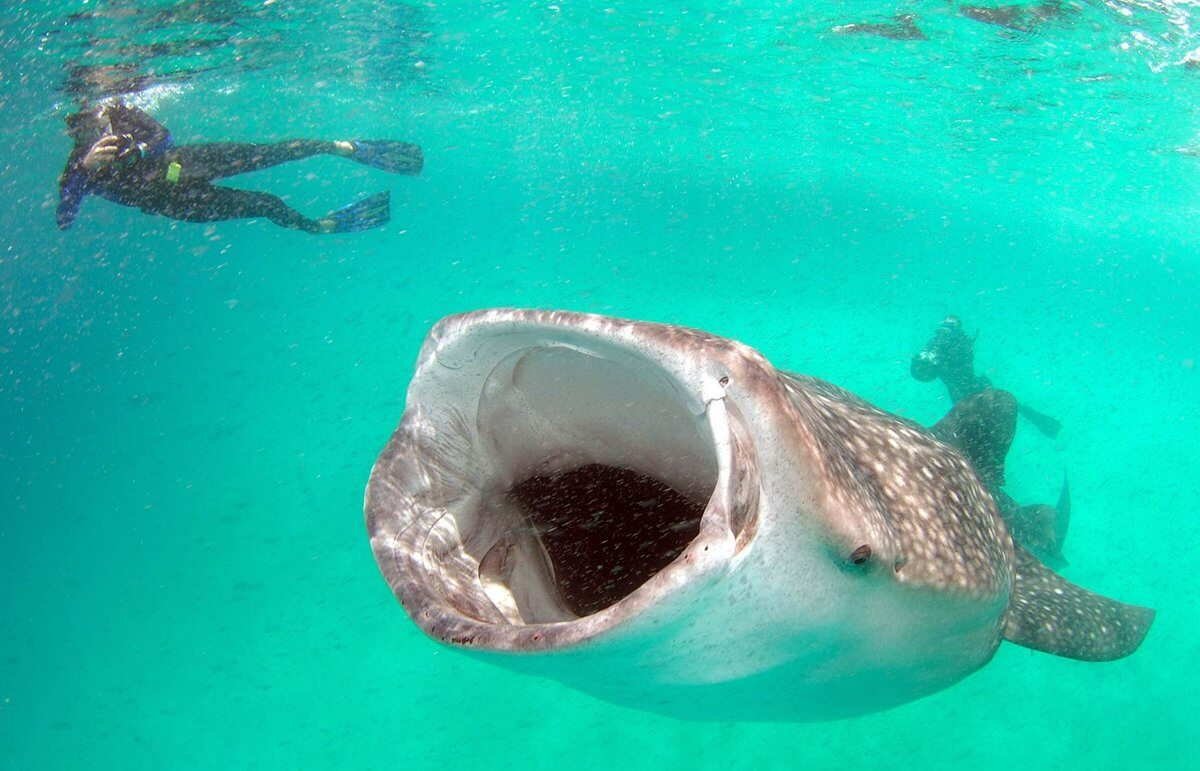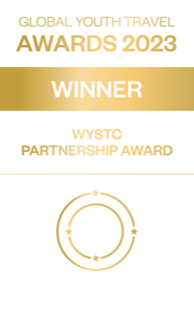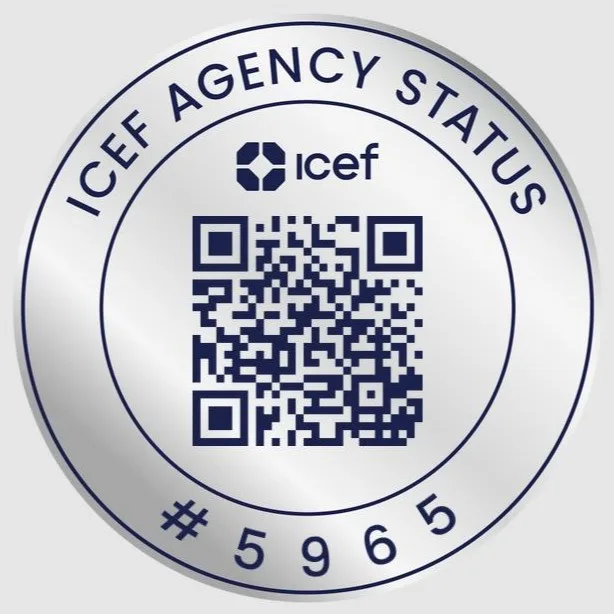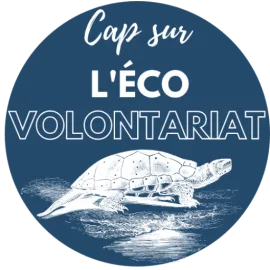Our marine conservaton program offers a unique underwater research experience in the heart of an ideal sustainable tourism destination. With our team of qualified scientists and state-of-the-art research center, this environmental project provides privileged access to the region’s wildlife and ecosystem, contributing to sustainable tourism.
As a volunteer in the whale shark protection project, you will assist in organizing marine research activities under the supervision of our scientists. You will join other volunteers in collecting data during underwater dives and ocean excursions along the coast of Tofo, Mozambique. Expect an extraordinary diving adventure while gaining valuable experience in marine research and contributing to a high-impact environmental protection project.
– Whale shark census.
– Behavior observation and underwater photography.
– Data collection: date, location, sex, distinctive markings.
– Coral reef condition monitoring.
– Photography for Manta ray identification and other endangered species.
– Humpback whale and sea turtle observation.
– Environmental preservation and beach cleaning.
Some research activities take place throughout the year, while others occur during specific periods:
– Whale shark, dolphin, coral reef, seahorse observation: year-round.
– Turtles: November to March.
– Humpback whales: June to October.
Day 1:
Arrival at Inhambane Airport, where you will be greeted by our partnering NGO who will transfer you to your accommodation.
Day 2-5: Project Introduction
Your introduction will begin with a project presentation by the coordinators and researchers you will be working with. You will then take a tour of Tofo, Inhambane, and the surrounding areas.
You will undergo a 4 to 7-day PADI diving training, depending on conditions. Upon completion, participants will receive an international diving certificate allowing dives up to 18 meters deep. If you already have this certificate, you can proceed to advanced training.
If you are on the project for only 2 weeks or already possess all diving certifications, you will receive training in ocean research techniques.
Day 6-7: Applicable to All Weekends
Take advantage of weekends to explore the incredible beaches of Tofo, relax, swim, or even surf! The first weekend can be an opportunity to finalize your PADI training with underwater dives.
Day 8-12: Applicable to Weekdays
It’s time to start your project and participate in all research activities with other volunteers.
Day 15: Program Conclusion
Your adventure in this sustainable tourism destination comes to an end. The NGO will transfer you to Inhambane Airport.

Duration during the week | Budget total mission |
|---|---|
2 weeks | 1849 € |
3 weeks | 2715 € |
4 weeks | 3190 € |
6 weeks | 4340 € |
8 weeks | 5145 € |
10 weeks | 6211 € |
12 weeks | 7276 € |

Accommodation: Volunteers are housed at Tilak Lodge, located next to the diving center and just a stone’s throw away from Tofo Beach.
– Copy of Passport.
– Specify medical history, allergies, dietary requirements (if applicable).
– CV in English.
– Project authorized for participants aged 18 and above. Children and youth aged 4 to 18 are accepted if accompanied by their parents and physically and mentally capable of actively participating in the activities.
– Proficient swimmer (able to swim 100 meters unassisted).
– Volunteers registering for a two-week project must have their PADI Open Water or PADI Advanced Open Water diving certification.
– Volunteers with pre-existing health conditions or who are over 45 years old must also bring a medical clearance letter allowing them to dive.
– Volunteers taking Lariam/Mefloquine/Mephliam/Tropicure (or any derivative) as antimalarial treatment (prophylaxis) will not be allowed to dive, as it poses increased risks during diving. Please inform your doctor that you are going on a diving vacation and request an appropriate alternative antimalarial treatment.
– Accredited divers must bring their diving card (indicating their last recorded dive) with them to the project site as proof.
– Accredited volunteers who do not require diving courses but have not recorded dives in the last six months prior to their departure will need to take a dive assessment before being able to participate in their research dives. The cost of a dive assessment is not included in the project cost, and a small fee will be paid on-site directly to the partnering Dive Center.
– On days when you are not in the water, social project guides can take you on activities around Tofo such as Portuguese lessons, historical tours, etc.
Please note that missions may change due to weather conditions or other circumstances beyond the control of the NGO.

| | Merci pour votre abonnement |










